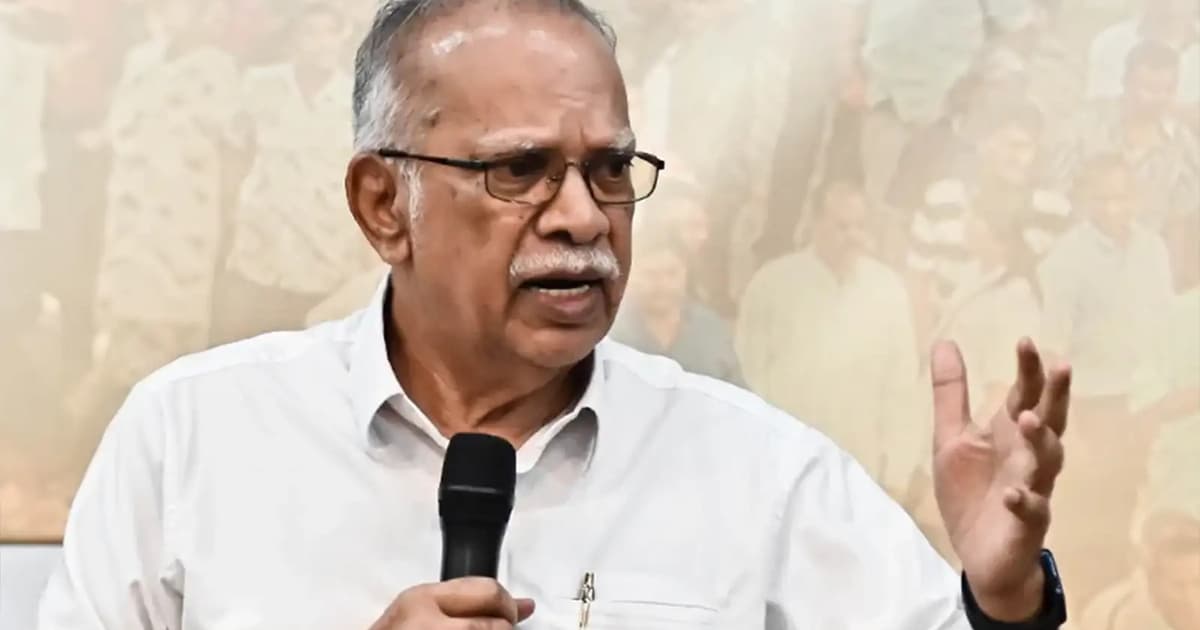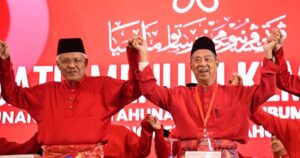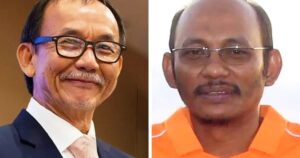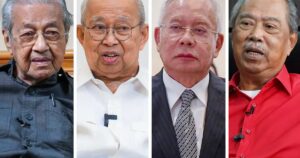
Urimai chairman P Ramasamy today acknowledged differences among the parties in the loose coalition outside the government bloc in terms of “specifics and strategy” but said that such diversity would enhance rather than diminish the opposition’s reach.
In a Facebook post, the former DAP assemblyman said broad-based coalitions were often formed in particular political and social contexts to strengthen the push for change.
“Under this framework, only mutually agreed issues are advanced collectively, while individual parties remain free to pursue their own objectives.
“This flexibility makes the coalition dynamic and adaptive to shifting circumstances,” he said.
He added that the idea of a loose coalition was not unique to Malaysia.
He said similar models had been adopted in many countries as effective vehicles to challenge and even replace ruling governments.
“The emergence of loose coalitions demonstrates that opposition is not confined to formally established parties but extends to broader forces mobilising outside the government bloc.”
He added that the parties involved in the coalition might appear “minuscule”, but that their coming together was proof that the opposition must be complemented by political forces to effectively voice the grievances of the people.
Last night, several opposition parties agreed on forming a loose coalition to hold the government accountable and highlight issues affecting the people, including reform pledges which they claimed Prime Minister Anwar Ibrahim had failed to deliver.
According to Perikatan Nasional (PN) chairman Muhyiddin Yassin, the coalition will comprise Bersatu, PAS, Gerakan, Pejuang, Muda, the Malaysian Indian People’s Party, Putra, Berjasa, Urimai, the Malaysian Advancement Party and the National Indian Muslim Alliance Party.
The Supreme Councils of Bersatu and PN previously agreed to allow Muhyiddin to spearhead efforts to build a united opposition front in preparation for the 16th general election.






